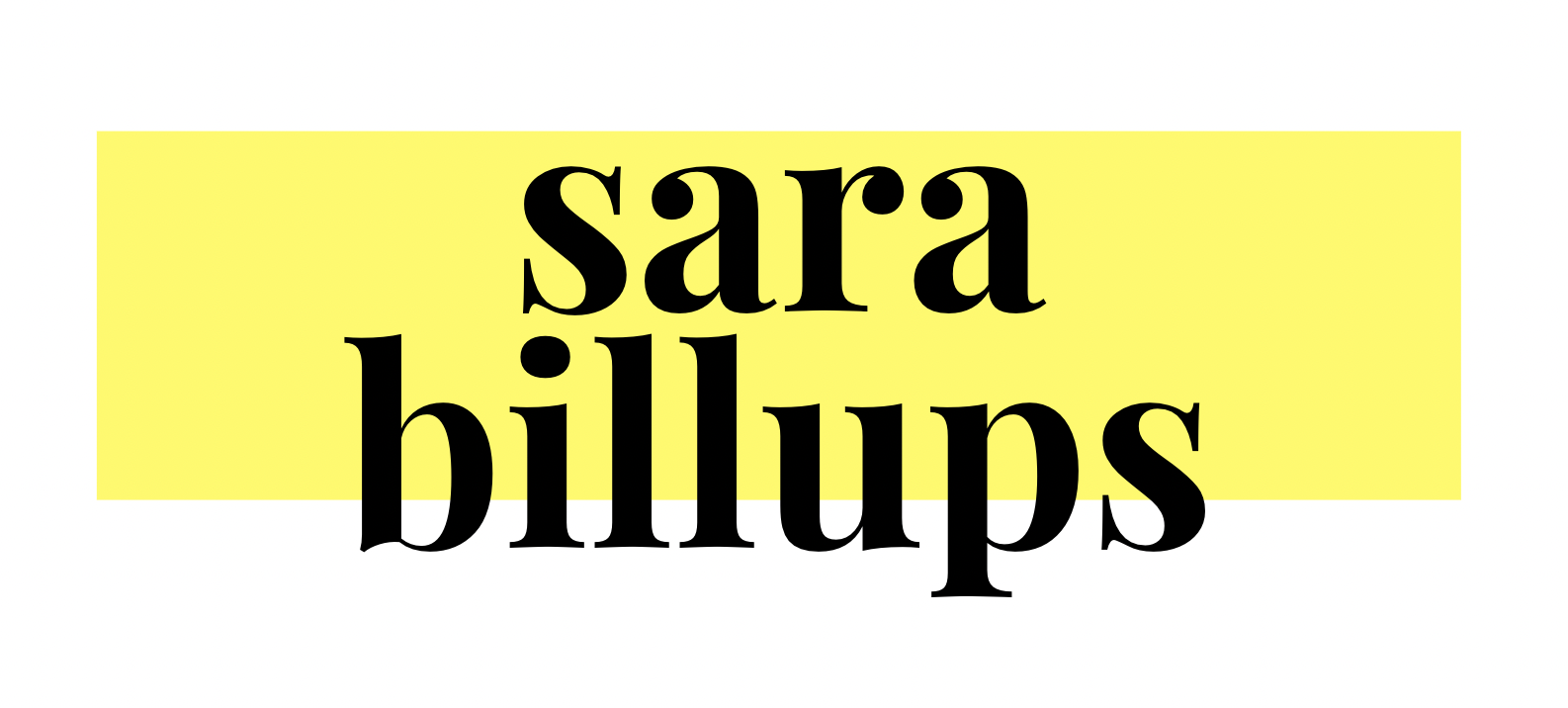Love that unpapers the windows of the house
“But in the interim years we’d realize that denial is its own form of compliance and self-erasure. Plus, it’s exhausting.” — Carrie Brownstein
I read an article in the Seattle alt weekly The Stranger in the early 2000s written by an art museum employee. I’ve tried to find it online and can’t. But from memory, the author meets a co-worker who, like her, wore cool sneakers and vintage clothes. The two formed a friendship, but eventually the author learned that her new friend was a Christian. Here, she had uncovered a sheep in wolf’s clothes. Essentially, she goes on to argue that post-religious folks should be on high alert: Christians are adopting our shared aesthetics, wearing the 2001 equivalent of Everlane and Warby Parkers, when really they’re part of an oppressive, old-school religion.
I’ve thought back to that article a lot over the years. It’s not clear if the Christian art museum employee was trying to hide that part of her identity or if she was waiting for the right time to reveal it. But we do know she lost social capital and was no longer taken seriously as an individual with her own point of view. The author assumes that she didn’t come to her interests and aesthetic honestly, but that they were adopted as some sort of “outreach” tool.
My husband Drew and I woke up early on a recent Saturday and drove to Stevens Pass in the Cascades to take our kids sledding. On the way, we talked about the loss of social currency that happens when you identify as a Christian in an urban place.
“I think most liberal, urban, ‘aspirational class’ folks are choosing against Christianity not because it isn’t compelling, but because it doesn’t fit with their social identity,” Drew said as we drove next to the icy Skykomish River. “It’s an albatross around their necks.”
But we started to wonder, why can’t there be a cultural space where people like us who live in cities, are centrist to progressive politically, and are earnestly drawn to Jesus are freed from the constraints of the “God and country” Christian stereotype that dominates the public narrative?
“Not just a one dimensional straw man image of a Christian,” Drew continued, “but a person full of the contradictions and complexities that it is to be human.” We began to imagine what it would look like if we embodied a new, full identity apart from the majority of evangelicals that voted for Trump.
In Let Your Life Speak, Parker Palmer writes, “True self is true friend. One ignores or rejects such friendship only at one’s peril.” Once we begin to choose the rest that comes when we move into our full identity, the pull to embody ourselves as children of God quickly becomes irresistible.
Henri Nouwen says the name of Jesus, “is like a house, a tent, a dwelling.” It’s the place where we come together with our unique identities and peculiarities, wired in the particular ways we are. We’re under the cover, the wing.
If Jesus’ name is a house, there are a lot of rooms. I wander through them, opening and shutting doors, walking down stairs, climbing to the attic, pulling back curtains.
If we’re looking for a place that feels right — us orphaned believers that are culturally displaced — we’re not having much luck.
There are megachurches, Catholic churches and Christian organizations reeling from sex abuse scandals, small dying churches in the middle of cities. All of the television, the president, who reads “Two Corinthians” at a Liberty University stump speech.
But if we keep wandering, we find places to hang out a little while: There are Catholic Workers, urban churches alive in the spirit, country churches seeking in earnest. There are liturgies and silent retreats. People praying quietly, people working diligently.
“To act in the Name of Jesus, therefore, means to act from the place where we are united with Jesus in love,” Nouwen writes.
Love that binds, that opens doors, tears curtains, and unpapers the windows of the house.
As Christians, our great binder, of course, is Jesus. The one that claims radical and transformative love for the outsider and the oppressed. The one with a banner of hope over his breast. The one that we find comes to life in prayer and brings rest to the very weary.
When we embrace that identity in freedom, in the middle of a culture that presses back, we wear a shared banner. And we move into a house of action, fresh creativity, practical service, and living light.



